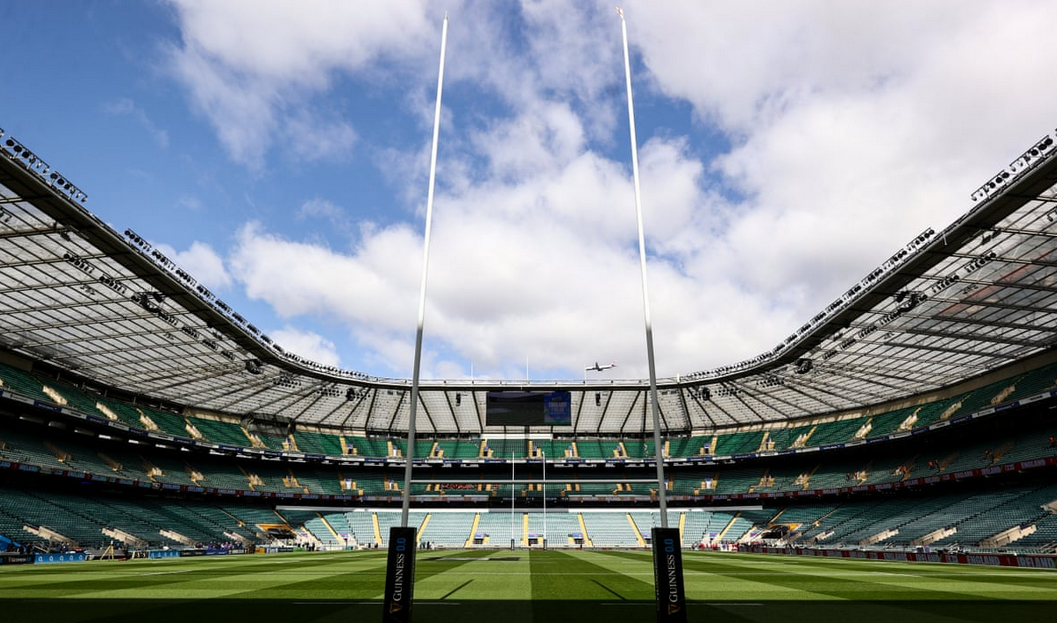Why the Rugby Championship Is Set for a Hiatus in 2026
The Rugby Championship is an annual and much-beloved event where Argentina, Australia, New Zealand, and South Africa compete against each other. The 2025 season has been particularly thrilling.Fans would love nothing more than to focus on the upcoming matches and support their favorites, but one problem refuses to leave their minds, and that’s the inevitable Rugby Championship hiatus.
It’s set for 2026, and many people can’t help but wonder: what’s the reason behind it? Why do it now, when things have never been so exciting before? The BetHere team decided to find out.

Why 2026 Brings the Rugby Championship Hiatus
World Rugby has designed a brand new event known as the Nations Cup. It will begin in 2026, uniting global teams in a structured league format.
The whole idea behind it is to organize more competitions between the Northern and Southern Hemisphere: there will be no need to wait for the World Cups to see New Zealand compete any longer, as the Nations Cup will take place annually.
On the one hand, it’s great news. More competitions are always exciting, not to mention new sponsorship deals, new connections, and new fans who will inevitably flock to the Nations Cup, discovering the thrill rugby brings to those who watch it.
On the other hand, the Rugby Championship was forced to take a break for the entire 2026 because of this development. Here are the two biggest reasons behind this decision:
- Due to the growing pressure of new upcoming commitments, it was decided to give the rugby players a break from the usual championship.
- Rugby Championship would inevitably steal some attention from the Nations Cup, so the organizers hope to prevent it and give all the spotlight to the Cup’s debut.
However, regardless of whether the rugby championship takes a break or not, our experts will continue to provide professional NRL predictions.
The problem is, the 2026 hiatus might stretch for 2027 and even 2028. Everything depends on how well the Nations Cup goes and what kind of opportunities it brings to fans and players alike.
What It Means for the Southern Hemisphere
The fans and teams competing in the Rugby Championship from New Zealand, Australia, Argentina, and South Africa consider this event a matter of their national pride.
They love it and anticipate it, so cancelling it will be a heavy blow. The championship carries a unique kind of prestige with it, and there is a chance that it will be lost after a hiatus, with people’s attention switching elsewhere.
Another important aspect is that the Southern Hemisphere has been facing an issue of declining attendance rates among rugby union fans.
The championship already has competition in the form of AFL and rugby league, and adding a new event to the mix without knowing what it might lead to seems like a risky gamble.

What Fans Think About the 2026 Rugby Championship Hiatus
There is no guarantee that the fans will accept the Nations Cup. Even if they do, right now, most of them are pissed at the fact that their favorite and dearly anticipated event is going on hiatus. This is what people think based on their region.
New Zealand
Some fans are excited about the increasing number of clashes between their teams and the Northern Hemisphere rugby clubs. However, they also worry that the internal matches might lose their significance and flair as a result.
Australia
Wallabies, the rugby favorites of Australia, had a couple of tough years. Now, things have finally begun to improve, so the fact that the championship is cancelled upsets a lot of fans.
South Africa
These fans are firmly divided. Some anticipate the new event while others want to stick to traditions, so they make plenty of frustrated posts in the hopes of getting their opinions heard.
Argentina
Argentinian fans are furious because the Rugby Championship is the lifeblood of their local Los Pumas club. They enjoy the spotlight at the moment, but there is no saying if they will remain relevant during the Nations Cups.
Read more exciting sports events in the News section.
